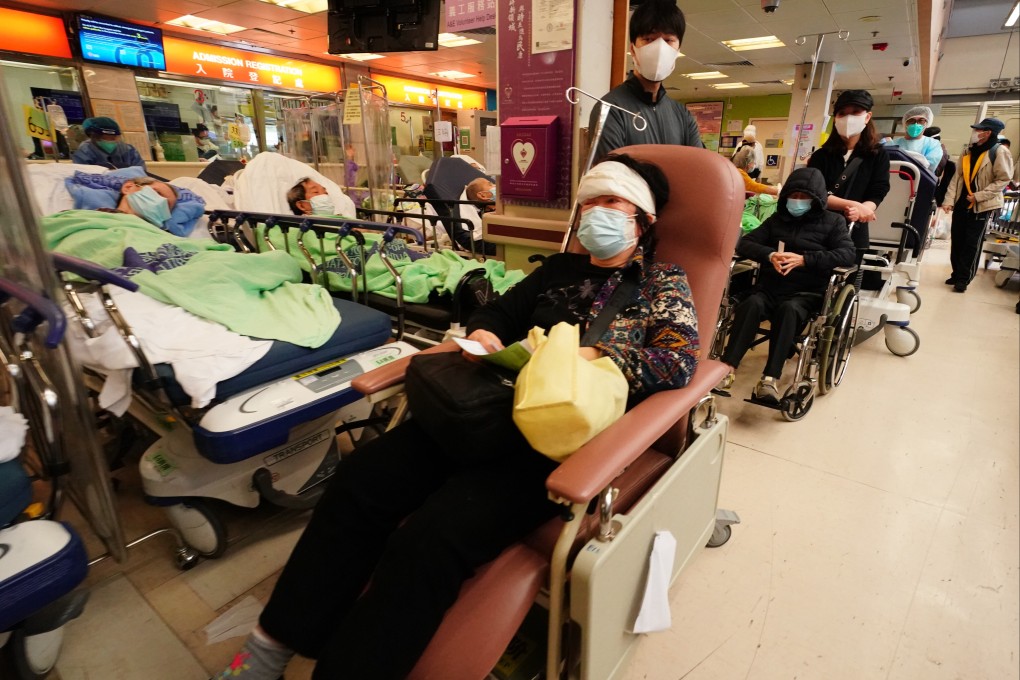Advertisement
As I see it | Hong Kong has no more time to lose in finding its own way out of its coronavirus crisis
- Neither the mainland nor Western playbooks have the complete answer to the city’s specific conditions
- This a time for pragmatism and there are signs from Liang Wannian that the principle could prevail
Reading Time:2 minutes
Why you can trust SCMP
19

The coronavirus ordeal in Hong Kong is the best example of how complacency can ruin two years of efforts to protect a city from the onslaught of Covid-19.
From a handful of imported cases a day, Hong Kong is now dealing with tens of thousands in a runaway outbreak.
But now pragmatism, not ideology, should guide the city in its efforts to make up for lost time and keep deaths and severe cases to a minimum.
And that means, in part, keeping the lines of communication open with Beijing.
Beijing’s decision to send senior health official Liang Wannian to help fight the outbreak may be a slap in the face to the Hong Kong government.
But having Liang, a person trusted in the capital, on the ground can help reduce misunderstanding and hopefully lower the chance that Beijing will force the city’s government to adopt policies that don’t suit the special administrative region’s special conditions.
Advertisement
Select Voice
Choose your listening speed
Get through articles 2x faster
1.25x
250 WPM
Slow
Average
Fast
1.25x
